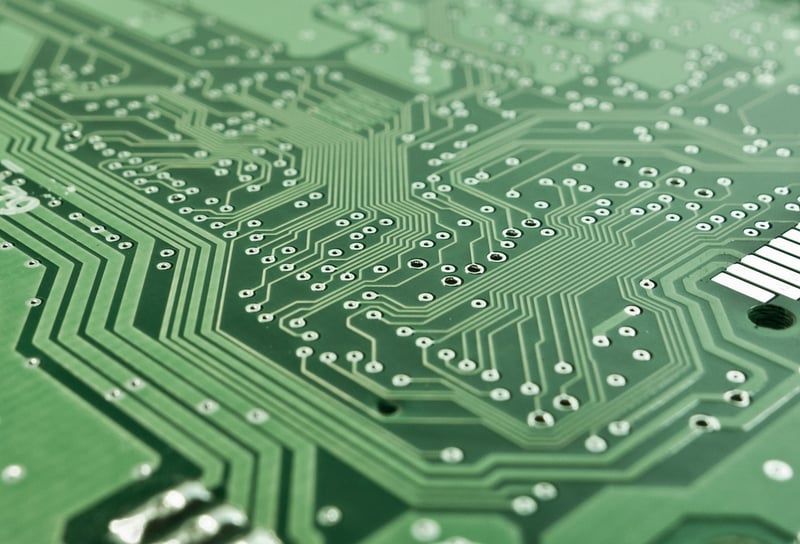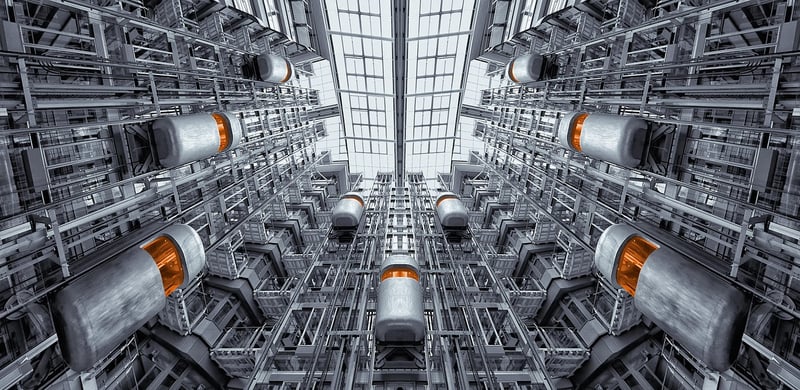Modern Technology
Exploring Time Travel Devices and Modern Technology
Introduction
Time travel has long been a fascinating concept in science fiction, capturing the imagination of many. While traditional time travel devices remain a product of creative storytelling, modern technology has brought us closer to achieving some aspects of time manipulation. Let's delve into the types of time travel devices envisioned in fiction and explore how modern technology aligns with these concepts.
1. The Time Machine
The most iconic time travel device is unquestionably the time machine. Popularized by H.G. Wells' novel, "The Time Machine," this device allows individuals to traverse through time. While physical time machines are yet to be realized, theoretical physics concepts like wormholes and black holes offer intriguing possibilities for bending time.

2. The TARDIS
Whovians are familiar with the TARDIS from the long-running series "Doctor Who." This blue police box is much more than it appears, serving as a time machine that can blend into any environment. While the TARDIS remains a fictional creation, the idea of a versatile time travel vessel continues to captivate audiences.

3. Quantum Leap Accelerator
In the TV series "Quantum Leap," Dr. Sam Beckett uses the Quantum Leap Accelerator to jump between different points in time, inhabiting other people's bodies to correct historical mistakes. While the specifics of this device are purely fictional, advancements in quantum computing and teleportation research show promise in manipulating particles at the quantum level.

Modern Technology and Time Manipulation
While we may not have fully functional time travel devices, modern technology has enabled us to explore time-related phenomena in new ways:
- Atomic Clocks: Highly precise atomic clocks have allowed scientists to measure time with incredible accuracy, highlighting the effects of time dilation as predicted by Einstein's theory of relativity.
- GPS Technology: Global Positioning System (GPS) satellites adjust for time dilation effects due to their high speed and distance from Earth, demonstrating real-world applications of relativistic effects.
- Virtual Reality: While not time travel per se, virtual reality technologies offer immersive historical experiences, providing a sense of visiting past eras.
While the concept of time travel devices remains firmly in the realm of science fiction, the advancements in modern technology continue to push the boundaries of our understanding of time and space.
